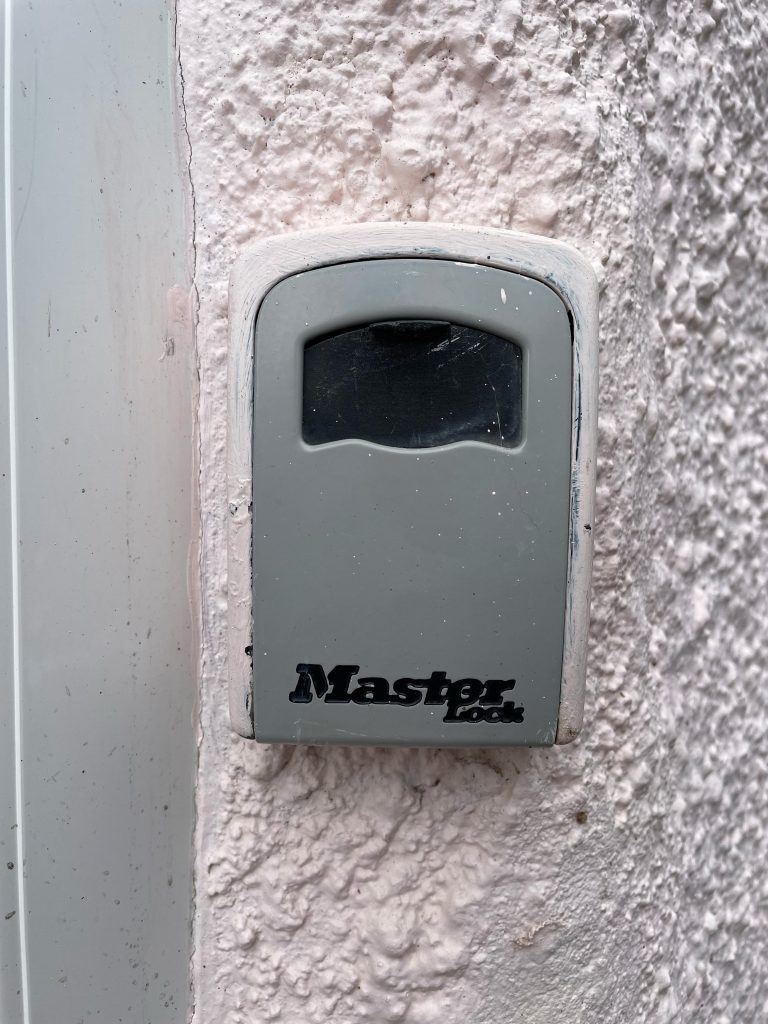I was recently incensed by an article in a mainstream paper. The columnist chose to use his piece to complain about how inconvenient and unpleasant it was to visit his father-in-law’s second home in Cornwall. He went on to say they used to go there for a week every summer with his family, but now his children had left home no-one had been there for over a year, the pipes were leaking and the electric wasn’t working properly.
By the end of the article I had smoke coming out of my ears. I’m sure I wouldn’t have been the only one. The thing that bothered me most was the normalisation of owning a property that wasn’t used, and that owning one for a week’s summer holiday was socially acceptable. I got the impression that the author was completely oblivious to the effects that second-home ownership have on Cornish society. I did write with my opinion to the paper, but my response wasn’t published!
The environmental and social impact of second home ownership
Second home ownership is an environmental problem, as well as a economic and social one. As the local housing pool is gobbled up by wealthy second (and sometimes third) home owners, there becomes a shortage of properties for local people. As this in turn leads to housebuilding, green fields become housing estates. Local people can no longer afford to live in the communities they work in, leading to a greater number of carbon miles being taken to reach places of employment.
A lack of affordable housing leads to a lack of available workforce, making it difficult for hotels, pubs, restaurants, hospitals, schools etc. to function. Communities are no longer able to support themselves. Coastal villages become ghost towns in the winter. Pubs, post offices and shops close, forcing local residents to drive further for provisions and services. Schools no longer become viable. Bus and rail services fold for lack of custom.
In the summer over-tourism becomes a problem, as second-home owners flood to the county. Hospitals become overwhelmed, traffic queues are the norm.

In St Germans we are incredibly lucky to have a community with very little second-home ownership. We have a vibrant community shop, school, rail service and pub with an active open-mic and live music scene. None of this would be possible without local residents who are committed to the community. We go Salsa and Bachata dancing on Monday evenings, and most nights our village hall is used for social groups. This availability of social interaction is also good for mental health.
I suspect my opinion on second homes is shared fairly universally. However we are often unwittingly guilty in exacerbating the situation.
There are several sorts of second homes. The first are those only used by their owners, often for just a few weeks a year. These are undoubtedly the worst sort, and legislation should be created against them. Perhaps a letter to your MP or parish or town councillor requesting increased taxation and clauses on house sales might be the place to start. If you own such a home, do please consider selling or renting it to a local who might be able to use it full-time.
The second sort of holiday home is one we have more power over influencing; the home that has been bought as an investment, then let out on AirBnB and similar platforms. People are buying these properties because we are enabling them to make a living out of them.
I was looking to stay in Newquay recently, so put a search into AirBnB for a room. The majority were for flats and houses, with very few entries being spare rooms in people’s houses, which was the original ethos of the site. Booking.com fared better, with mainly hotels and guest houses, but even this threw up a few holiday homes.
What makes a sustainable holiday rental?
So what makes a sustainable holiday rental? Firstly anything that provides housing and a livelihood for the business owner is good: B&Bs and hotels come into this category. A self contained annex or garden chalet is also fine. Purpose built lodges, caravans, barn conversions, shepherd’s huts, boats, railway carriages and other quirky conversions bring money into an area without stripping it of local housing. In the summer it is sometimes possible to rent student accommodation. Hostels make for sustainable accommodation and usually have kitchens, somewhere to eat and some ensuite double and family rooms.
So before you book a holiday this year think; what impact is my choice going to make on the local housing pool? If all of us were to boycott renting holiday homes, and only rent property that didn’t take out of the local housing market, it would go a long way towards tackling the problem of second homes.
